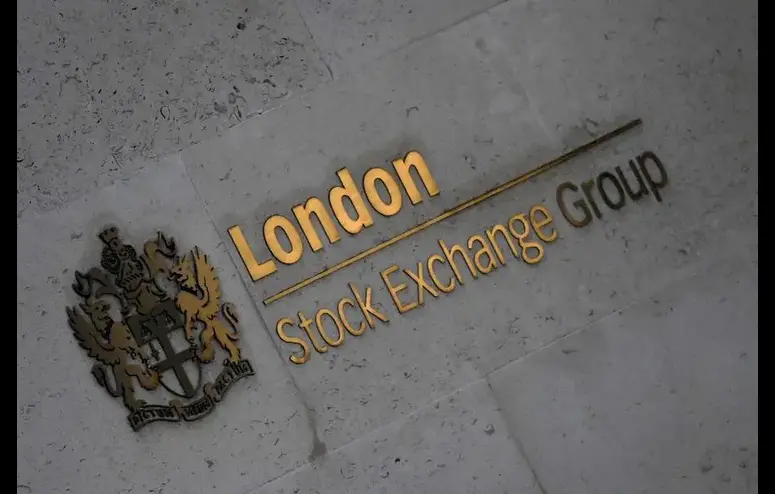LSE Group Leads Innovation with Blockchain-Powered Platform for Traditional Financial Assets

The London Stock Exchange (LSE) Group is reportedly embarking on a groundbreaking venture by establishing a blockchain-based platform catering to conventional financial assets.
This endeavor follows a year of meticulous exploration into the feasibility of a blockchain-driven trading arena, as unveiled in a report by the Financial Times.
Spearheading this initiative is Murray Roos, the Head of Capital Markets at LSE Group, who disclosed that their extensive research has propelled them to forge ahead with their plans.
It is important to note that the company’s focus is not on cryptocurrencies but rather on harnessing the potential of blockchain technology to optimize the handling, acquisition, and sale of traditional financial assets.
Roos emphasized that their goal is to leverage digital innovations in order to cultivate a more seamless, cost-effective, and transparent process surrounding these conventional assets.
This approach will be subject to rigorous regulatory oversight, affirming the Group’s commitment to compliance.
Roos also underscored that LSE Group exercised prudence by awaiting the readiness of investors and the maturation of public blockchain technology before advancing their project.
If successfully executed, Roos asserts that LSE Group would stand as a pioneering global stock exchange, setting a precedent by offering a comprehensive blockchain-powered ecosystem for investors.
READ MORE: Ripple Challenges SEC’s Appeal Bid, Asserting Insufficient Grounds in Ongoing Lawsuit
Concurrently, other stalwarts within the traditional financial realm are also warming up to the concept of integrating blockchain technology.
SWIFT, the bank messaging network, recently disclosed a report detailing how it aims to interface with blockchain networks to tackle the challenge of interoperability among diverse blockchain platforms. Furthermore, even sectors beyond finance are dipping their toes into the blockchain waters.
Lufthansa Airlines, for instance, unveiled a non-fungible token (NFT) loyalty program on the Polygon network, an innovative move that empowers NFT holders with rewards ranging from exclusive lounge access to flight upgrades.
In summation, the London Stock Exchange Group’s pioneering endeavor to establish a blockchain-driven platform for traditional financial assets marks a significant step towards enhancing the efficiency and transparency of conventional asset transactions.
As the broader landscape of various industries recognizes the potential of blockchain technology, the path towards more streamlined and interconnected processes gains momentum.
Other Stories:
Warren Buffett’s Strategy vs. Bitcoin: Analyzing Performance and Potential in a Shifting Landscape
Former SEC Chair Expresses Confidence in Eventual Approval of Spot Bitcoin ETFs
MakerDAO Co-Founder Proposes Solana Codebase for NewChain, Diverging from Ethereum Affiliation
